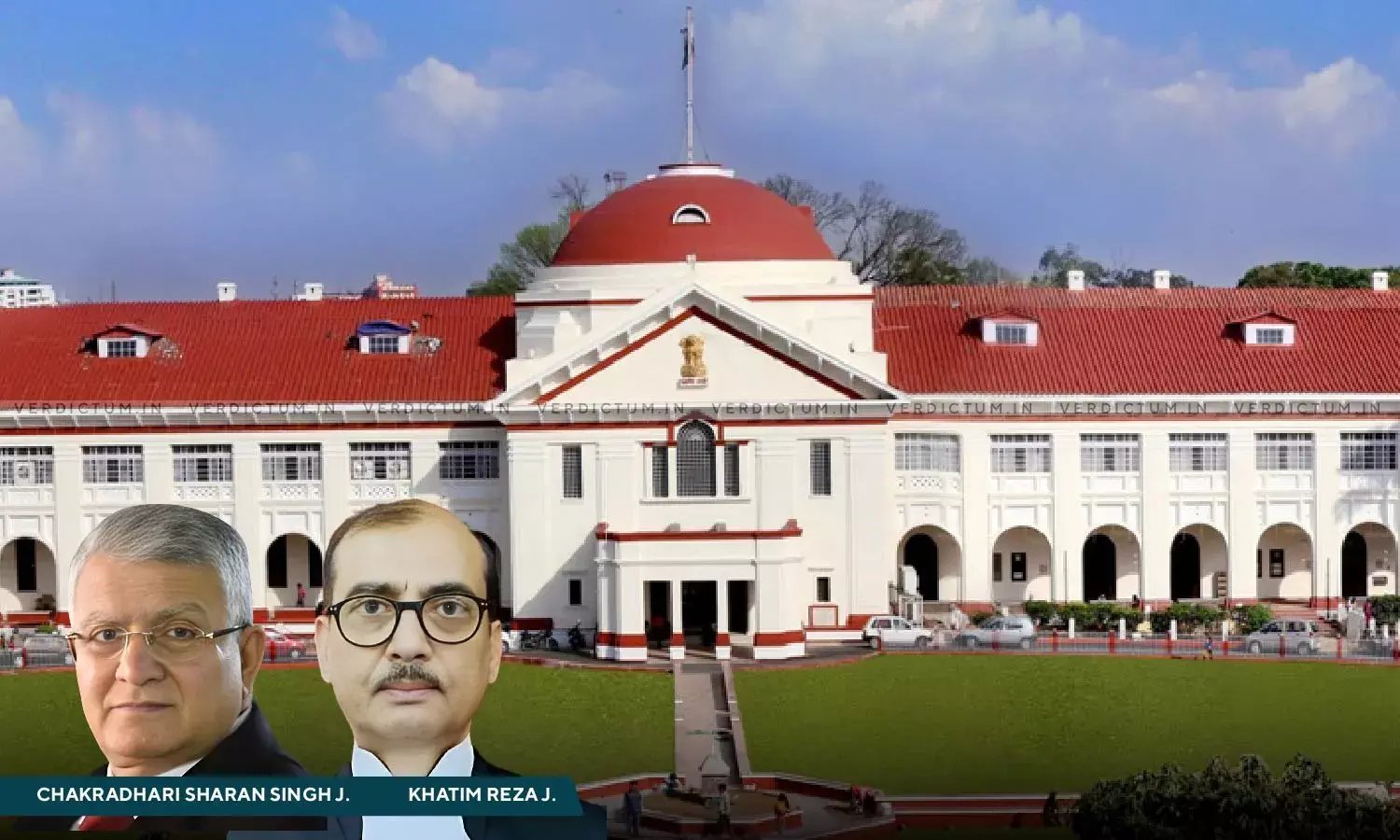'Consensual Relationship And Not False Promise To Marry': Patna HC Acquits Rape Accused
The Patna High Court acquitted accused in a case involving an alleged minor's rape.
The trial court had convicted the accused under Sections 376 and 493 of the Indian Penal Code, 1860 (IPC) and Sections 4 and 6 of the Protection of Children from Sexual Offences, 2012 (POCSO Act).
The Court noted that the Trial Court failed to follow the mandatory procedure outlined in Section 34(2) of the POCSO Act with Section 94 of the Juvenile Justice (Protection and Care of Children) Act, 2015 (JJ Act), for the determination of the victim’s age.
The Court further noted that the informant and one of the convicts were engaged in a consensual relationship with the prospect of marriage. However, there was a lack of evidence supporting the claim that a false promise had been made.
“The informant and the appellant were in love with each other and wanted to marry. They were in continued physical relationship for a considerable period of time. There is no evidence on record to suggest that the promise, said to have been given by the appellant to the informant, was a false promise”, the Bench comprising Justice Chakradhari Sharan Singh and Justice Khatim Reza observed.
Advocate Veena Kumari Jaiswal appeared for the Appellant and Additional Public Prosecutor Shashi Bala Verma appeared for the State.
An Informant alleged that Subhash Kumar Sardar committed rape through a false promise of marriage, resulting in her pregnancy. The medical examination suggested an age between 17-19 years and confirmed pregnancy. The Trial Court acquitted Mahendra Sardar but convicted Subhash Kumar Sardar for multiple offences and convicted Dayaji Devi and Sanjeev Sardar for Section 493 of the IPC.
Two Appeals were filed by Dayaji Devi (First Appellant) and Subhash Kumar Sardar (Second Appellant) before the High Court under Section 374(2) of the Code of Criminal Procedure, 1973 (CrPC), challenging the conviction and sentencing by the Trial Court in a POCSO case. The charges were based on a written report by the Informant, alleging offences under Sections 376, 493, and 4 of the IPC and the POCSO Act.
The Court framed the issue: “Whether the prosecution could establish at the trial that the victim was a ‘child’ within the meaning of Section 2(1)(d) of the POCSO Act?”
The Court observed that per the POCSO Act, an individual is a 'child' if it is conclusively proven during the trial that the person was not 18 years old. Section 34(2) of the POCSO Act mandates the Trial Court to ascertain the age of a rape victim. “The person can be said to be a ‘child’ within the said provision of the POCSO Act, if it is conclusively proved at the trial that he/she was not 18 years of age. Sub-Section (2) of Section 34 of the POCSO Act requires the Special Court under the Act to determine the age of victim of rape”, the Court added.
Referring to the Supreme Court Judgment in the case of Jarnail Singh v State of Haryana [(2013) 7 SCC 263], the Court reiterated that the procedures outlined in the Juvenile Justice (Care and Protection of Children) Rules 2007 (JJ Rules) apply to determining the age of a child victim under the POCSO Act. Additionally, Section 94(2) of the JJ Act specifies a definite procedure for age determination.
The Bench noted that there was a lack of proper procedure to conclusively determine the informant's age. The Medical Board's radiological examination estimated her age to be between 17-19 years. The prosecution did not provide evidence, such as school records, to prove her age before the Trial Court, as required by the JJ Act.
The Court observed that the Trial Court should have determined the informant's age using the ossification test, which was not conducted in this case. As a result, the Bench held that the prosecution failed to establish that the victim was a 'child' under Section 2(1)(d) of the POCSO Act, rendering its provisions inapplicable.
The Court, regarding Second Appellant’s rape conviction, observed that the informant and the Second Appellant were in a consensual relationship and wanted to marry. “There is no evidence that the appellant Subhash Kumar Sardar suffered from any legal incapacity to marry the informant and knowing that well, he had given a false promise to marry the informant”, the Court added. The Court, after considering the evidence, held that it was a consensual relationship, not constituting rape under Section 375 of the IPC.
Accordingly, the Court allowed the Appeals and set aside the impugned conviction order.
Cause Title: Subhash Kumar v The State Of Bihar




